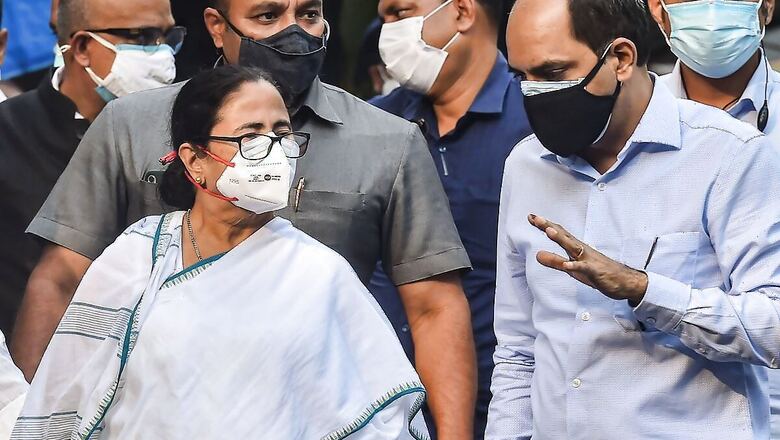
views
With hoarseness in his voice and discomfort in his chest, Biswabrata Dutta went to a Covid-19 testing laboratory in Bally in Bengal’s Howrah district in the last week of April.
The 44-year-old was told, however, that the RT-PCR testing kits had run out and he was given a slip mentioning the date of testing two days later.
“I returned on schedule and got the test done. I was told that I would receive an online link to the report within three days on my cellphone,” he said.
So, it took five days for Biswabrata to learn that he was Covid positive after which he immediately quarantined himself in his house. However, within that time, he says, he had interacted with several friends, and people in the neighbourhood.
Like Biswabrata, observers say, there are many who are unwilling, lack awareness, or due to inadequate testing facilities are helping the coronavirus spread faster in rural Bengal.
Expressing concern over the pandemic surge in the countryside, Kolkata-based virologists, health workers and microbiologists are now asking the state government to immediately increase rapid antigen tests at the district level on people with possible Covid-19 symptoms.
Speaking to News18, Dr Yogiraj Roy, a senior doctor associated with infectious diseases at Beliaghata General Hospital in Kolkata, said, “In this second phase, we have noticed people travelled extensively in the last four to five months (mainly before Holi festival) from rural parts of Bengal to Kolkata and its neighbouring districts for various reasons. This aggravated the situation in rural Bengal because people carried the virus back to their respective villages. The second key reason behind this sudden spike in Covid cases in rural Bengal is inadequate testing, lack of testing facilities and huge gatherings during elections in the state. Last but not the least, most of the people in rural Bengal are not following the Covid-19 norms, especially when it comes to wearing masks properly. They are also reluctant to get themselves tested. Most of them (mainly in villages) are treating Covid-19 as common cold and flu; when their health condition is aggravating, then they are rushing to hospitals. But by that time, they have already helped the virus spread rapidly through their contacts.”
There was no need to stretch the assembly elections over eight phases in April, he said. “We saw how people gathered in lakhs at Brigade Parade ground in Kolkata (where people from all the districts attended) and at various roadshows across the state. Besides many reasons, the election is also one of the key reasons behind the spread of Covid-19 in rural Bengal. There are several remote villages where people are affected by the virus in our state. This is quite alarming,” said Dr Roy.
Worried over the situation, West Bengal chief minister Mamata Banerjee after returning to power this month has taken various measures including allowing private hospitals and nursing homes to ramp up their bed capacity by 40 per cent. She has also asked district healthcare officials to increase daily Covid testing to curb the spread and urged people to wear masks in public places.
The CM has also requested Prime Minister Narendra Modi to provide free Covid-19 vaccines to all Indians.
Speaking to News18, the director of health services in Bengal, Dr Ajay Chakraborty, said, “It is true that Covid-19 has spread across rural Bengal, but we have taken all the necessary pre-emptive measures to handle the crisis. The most important one is, we have made arrangements for rapid antigen tests at the district level for the early identification of patients. Lakhs of healthcare workers were deployed to address the immediate concerns of villagers. Arrangements were made for additional beds in the hospitals. We are also making our doctors aware of how to treat a Covid patient to maintain uniformity in treatment to get better results. Several mobile testing units were pressed into action to increase the testing among the symptomatic patients. Testing, masking and vaccination can help us to break the chain.”
In North 24 Parganas and Kolkata, the situation is alarming because these two districts combined have contributed nearly 40 per cent of the total cases in West Bengal. As of May 10, 2021, the total number of active cases in Kolkata was 26,281, while in North 24 Parganas the figure was 24,566.
The convenor of the West Bengal Doctor’s Forum (WBDF), Dr Punyabrata Gun, said, “As per the present situation, identification of infected persons is very crucial if we want to control the situation. We need to think about micro-containment zones and making people aware of the significance of wearing masks is a must. I think now we all should behave like responsible citizens by following WHO norms to protect our society from this crisis. On behalf of our forum, we want the governments (at the state and the central level) to expedite universal vaccination programmes for all eligible people in our country.”
The state on Wednesday registered its highest single-day spike of 20,377 new Covid-19 cases, pushing the tally to 10,53,117, the health department said. The number of deaths rose to 12,728 with 135 more people succumbing to the disease.
Dr Suman Poddar, a well-known microbiologist associated with the Institute of Child Health in Kolkata, said, “This time children are getting affected and this is a matter of concern. I think the government should immediately come out with a universal vaccination plan for all to bring all sectors back on track. If we delay in taking pre-emptive action, then the consequences will be bad.”
Read all the Latest News, Breaking News and Coronavirus News here. Follow us on Facebook, Twitter and Telegram.











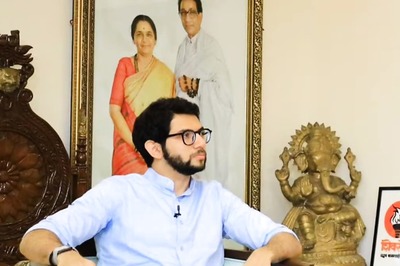

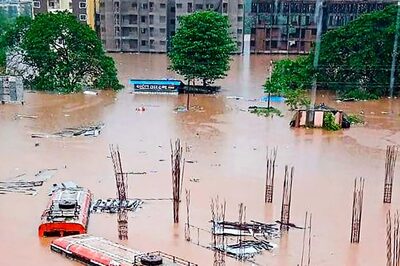
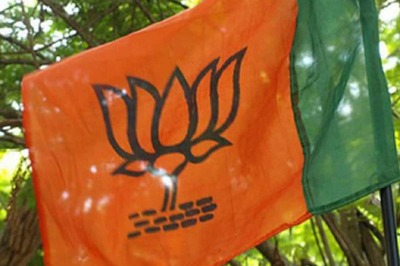

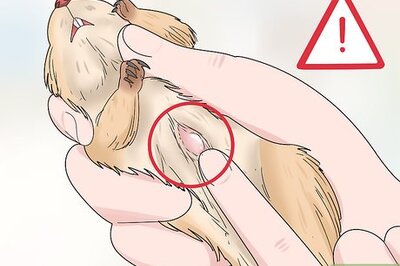
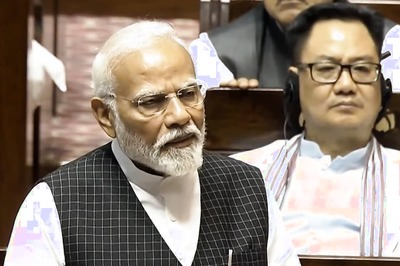

Comments
0 comment